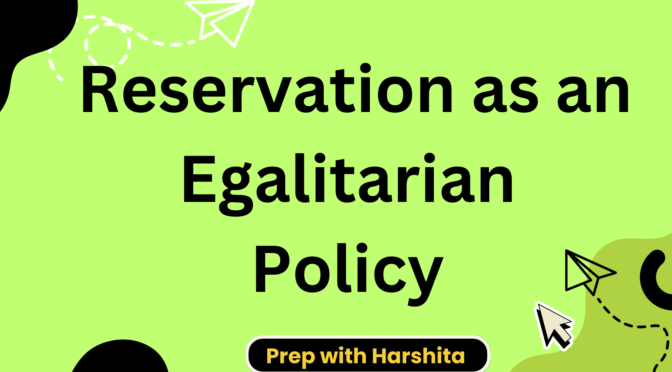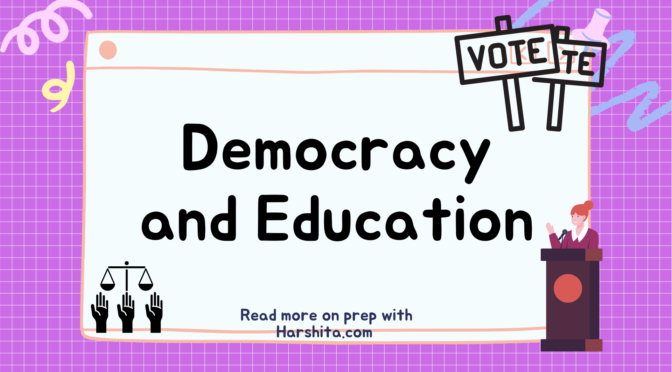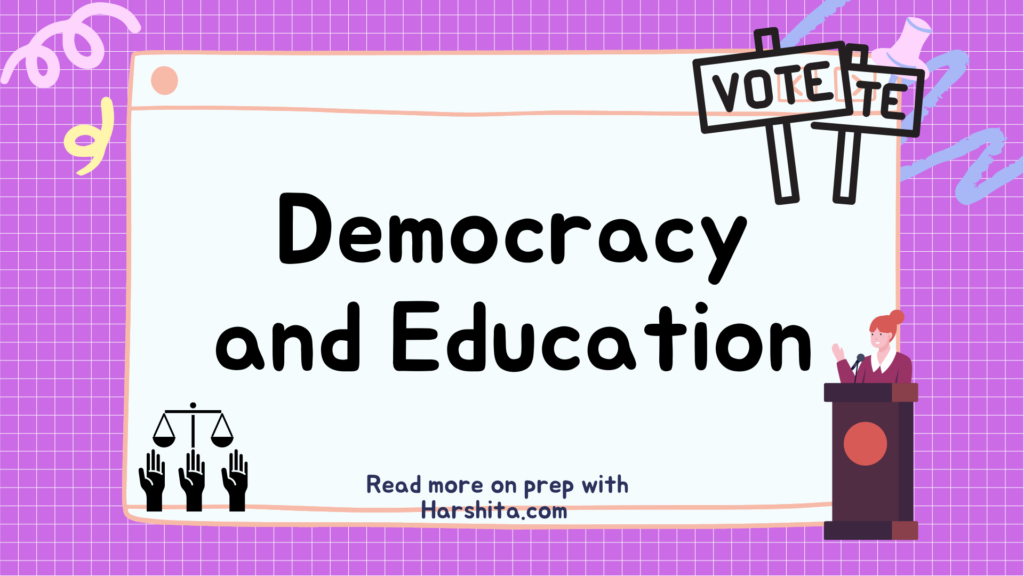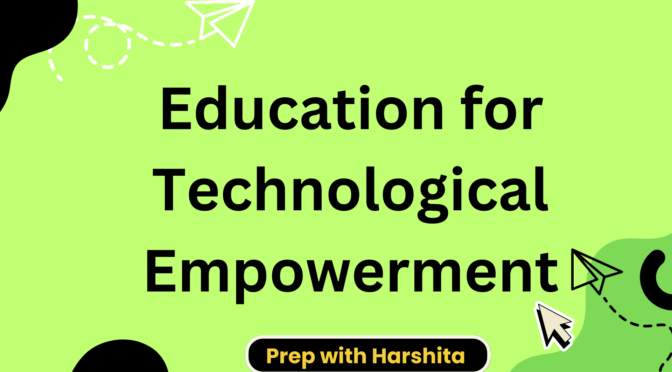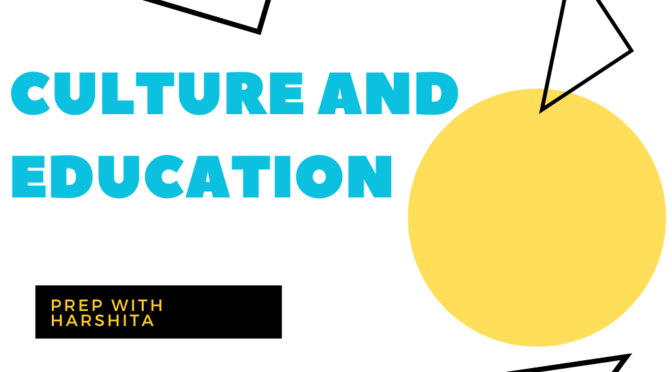Reservation is an egalitarian policy implemented in many countries, including India, to address historical social and economic inequalities and promote social justice. It involves setting aside a certain percentage of seats or positions in educational institutions, government jobs, and legislative bodies for marginalized and underrepresented groups.
Here is a detailed explanation of reservation as an egalitarian policy:
- Historical Context: Reservation policies are often implemented in response to historical discrimination and social injustices faced by certain groups based on factors such as caste, race, ethnicity, gender, or disability. These policies aim to rectify past injustices and provide equal opportunities for those who have been historically disadvantaged.
- Promoting Social Inclusion: The primary objective of the reservation is to promote social inclusion by ensuring the representation and participation of marginalized groups in various domains of society. It aims to address systemic barriers and prejudices that have hindered the progress and opportunities for these groups.
- Addressing Structural Inequalities: Reservation recognizes that structural inequalities exist in society and seeks to address them through proactive measures. It acknowledges that equal treatment alone may not be sufficient to overcome deeply entrenched disparities. Reservation policies aim to create a level playing field by providing preferential treatment to disadvantaged groups.
- Access to Education and Employment: One of the key areas where reservation is implemented is in education and employment. By reserving seats in educational institutions and providing job quotas, it enables individuals from marginalized communities to gain access to quality education and employment opportunities that were historically denied to them.
- Diversity and Representation: Reservation policies contribute to the diversity and representation of marginalized groups in decision-making bodies, public institutions, and governance structures. It ensures that the voices and perspectives of these groups are heard and considered, leading to more inclusive policies and governance.
- Empowerment and Social Mobility: Reservation policies play a crucial role in empowering marginalized groups and facilitating their social mobility. By providing access to education, jobs, and political representation, it enables individuals to break the cycle of poverty, uplift their communities, and achieve social and economic progress.
- Criticisms and Challenges: While reservation policies are implemented with the intention of promoting equality, they are not without criticisms and challenges. Some common criticisms include concerns about reverse discrimination, meritocracy, and the perpetuation of stereotypes. There are ongoing debates about the duration, extent, and effectiveness of reservation policies in addressing inequalities.
It is important to note that reservation alone cannot solve all societal inequalities. It should be complemented by comprehensive policies that address poverty, access to basic services, and the removal of systemic barriers to ensure equal opportunities for all individuals, regardless of their background.
Also Read: Economic reforms and Education
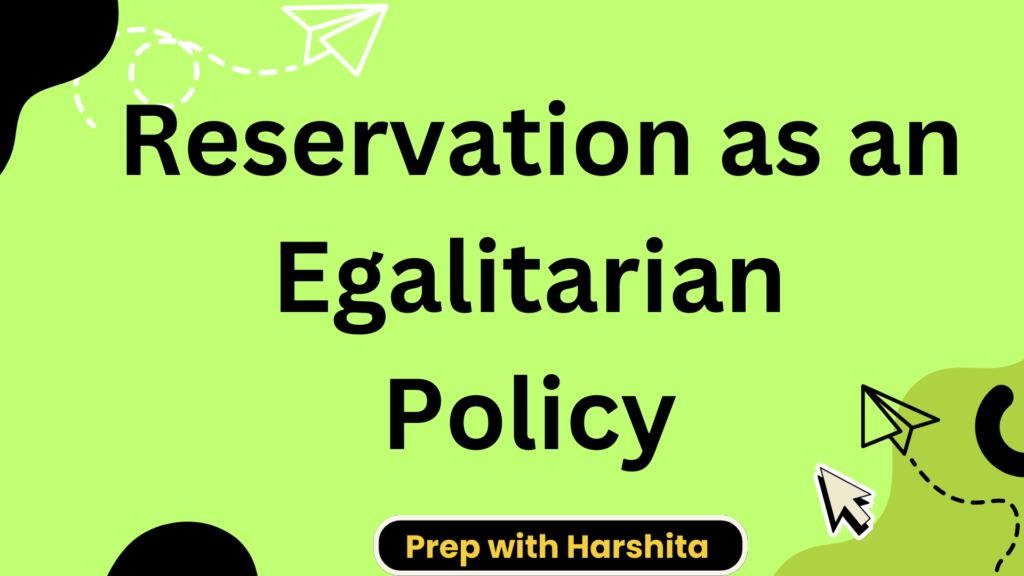
Also visit: Prep with Harshita

